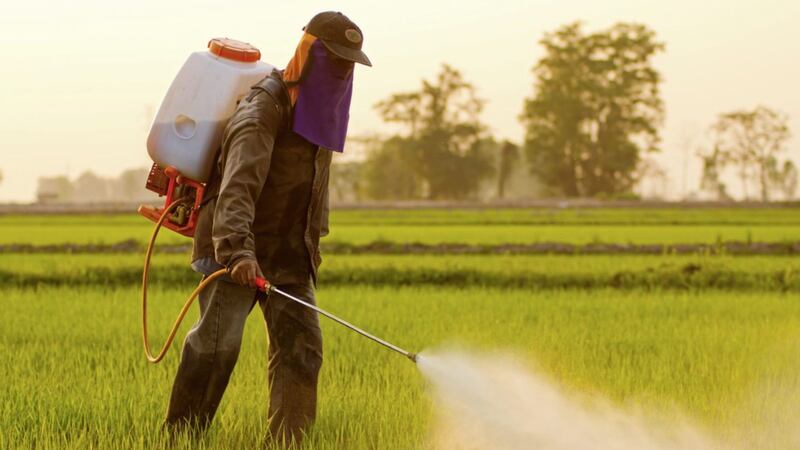THERE have been calls for stronger regulation of pesticides in low-income countries as new research revealed the scale of suicide by poisoning among poorer communities.
A study by scientists at the University of Edinburgh suggests about 15 million people worldwide may have died through ingesting pesticides in the last 60 years. They said it dates back to the introduction of hazardous pesticides into poor, rural communities in the 1950s and 60s, when new technology sparked a boom in agricultural production.
A World Health Organisation report published this week cited pesticide poisoning as one of the most common methods of suicide today.
The highly hazardous chemicals can often be purchased cheaply at rural hardware or agricultural stores. Restrictions on their availability have been linked to reductions in national suicide rates, for example in Sri Lanka where revised policies led to a 70 per cent fall in suicides between 1995 and 2015.
To prevent further deaths, the research team has recommended strengthening pesticide regulation across low and middle-income countries.
Many rural communities do not have the facilities to use or store them safely, they said, and they are too easy to access for people during times of stress.
Professor Michael Eddleston, director of the Centre for Pesticide Suicide Prevention at the University of Edinburgh, said: "Suicide attempts often occur at short-lived moments of great stress.
"The easy availability of highly lethal means – like pesticides or guns – at these times massively increases the risk of the person dying.
"The absence of these highly toxic pesticides allows people to survive their poisoning attempt and then go on to find help in their communities and local mental health services. Many go on to live a long and fulfilling life."
Lucy Christie (PA)







